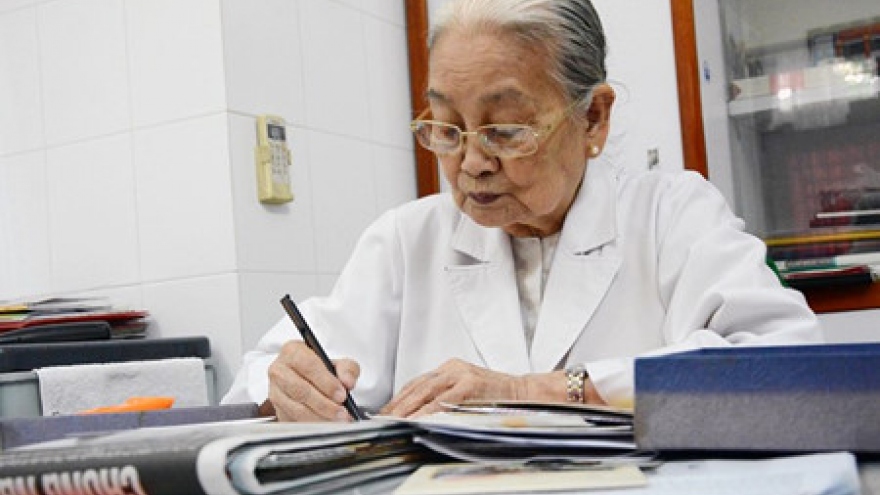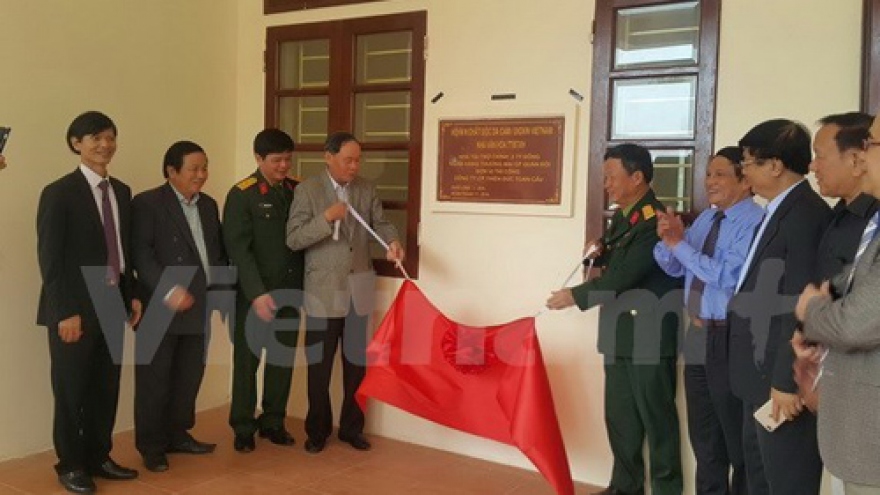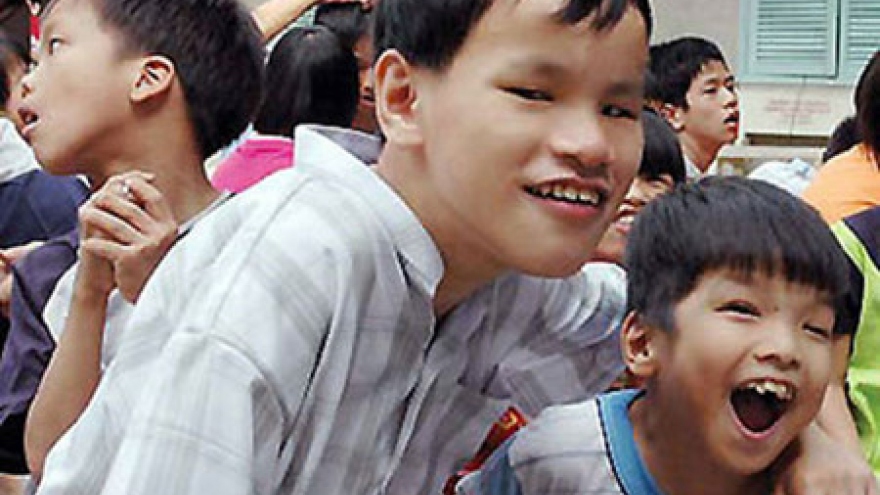In love they trust: The American ‘parents’ of Agent Orange children in Vietnam
An American couple who protested the American war in Vietnam now finds purpose in helping Vietnamese children born with defects due to Agent Orange.
 |
The American couple, whose real names are Vohn Paul Bucher and Esther Bucher, have crossed the ocean on their final quest to bring love and hope to Vietnamese children born with defects caused by Agent Orange, a herbicide and defoliant chemical used by the U.S. military during the war in Vietnam.
In addition to its damaging environmental effects, the dioxin-containing chemical has caused major health problems for millions of Vietnamese soldiers and civilians who were exposed to it, leaving lasting detriment on their children and grandchildren.
The return
Back in 1969, Vohn and Esther were among the vocal opponents of the American war in Vietnam, who would take part in almost all anti-war protests in Washington, D.C, at the time.
It was in these protests that the love between the young couple grew, resulting in Vohn popping the question in 1970.
Shortly after their marriage, Vohn and Esther decided to move to Vietnam, a country they had long wanted to learn more about.
Landing at Tan Son Nhat Airport in Saigon in 1970 amidst the escalating war, the two stayed in the city for a while before relocating to Can Tho, in the Mekong Delta, to teach English at a local university.
They rented a small flat and taught English for free to professors and undergraduates at Can Tho University for four years before being forced to return home in 1974 at the height of the war.
But those four years had been enough to plant in Vohn and Esther’s minds the impression of a kind and loving Vietnamese people, one they found it difficult to forget.
With their qualifications in rehabilitation therapy, the couple continued to provide support for those in need around the world until they came across Last night I dreamed of peace, a book based on the moving diary kept by 27-year-old Vietnamese army doctor Dang Thuy Tram.
Tram was killed by the Americans during the war in Vietnam while trying to defend her patients.
Touched by the story, the 68-year-old couple decided to make their final return to Vietnam with the help of U.S.-based organization Mennonite Central Committee (MCC).
Their destination is Duc Pho District in Quang Ngai Province, where the female army doctor Dang Thuy Tram penned her diary dreaming of peace across Vietnam.
For Vohn and Esther, their return to Vietnam was as natural as it was fateful, for they had fallen in love with the people and the country.
‘Parents’ of AO children
Landing at Tan Son Nhat International Airport in Ho Chi Minh City in February 2016, the American couple was greeted with smiles instead of guns and tanks as they were when they first came to Vietnam nearly half a century back.
The day they arrived at the Center for the Fostering and Rehabilitation of Victims of Agent Orange in Duc Pho, Esther said she had burst into tears to see innocent children suffering from the pain of a war they had never participated in.
“Father Bo,” “Mother Yen” were all they could make out of the gibberish sounds uttered by these physically challenged children, who could barely speak in complete sentences.
After a year of continued therapeutic practice with the help of the Buchers, these kids are now starting to walk and talk, the basic skills of normal kids that are a challenge for victims of Agent Orange.
Seeing a kid they had helped raise finish a bowl of rice without making a mess of himself was a blessing for Vohn and Esther, whose biggest wish was to end the suffering of these children.
During the practice sessions, the handicapped children are suspended on their stomach a few centimeters from the ground, and are encouraged to crawl ahead with applause from the American physicians.
Esther said she wanted her children to fight as hard as their parents and grandparents had to reclaim peace for their country.
“They hoped that what they were doing could ease the pain of war and help victims of Agent Orange lead a more optimistic life,” said Nguyen Van Toan, the center’s director. “It’s a cherishable love that these children had been fortunate to receive.”



